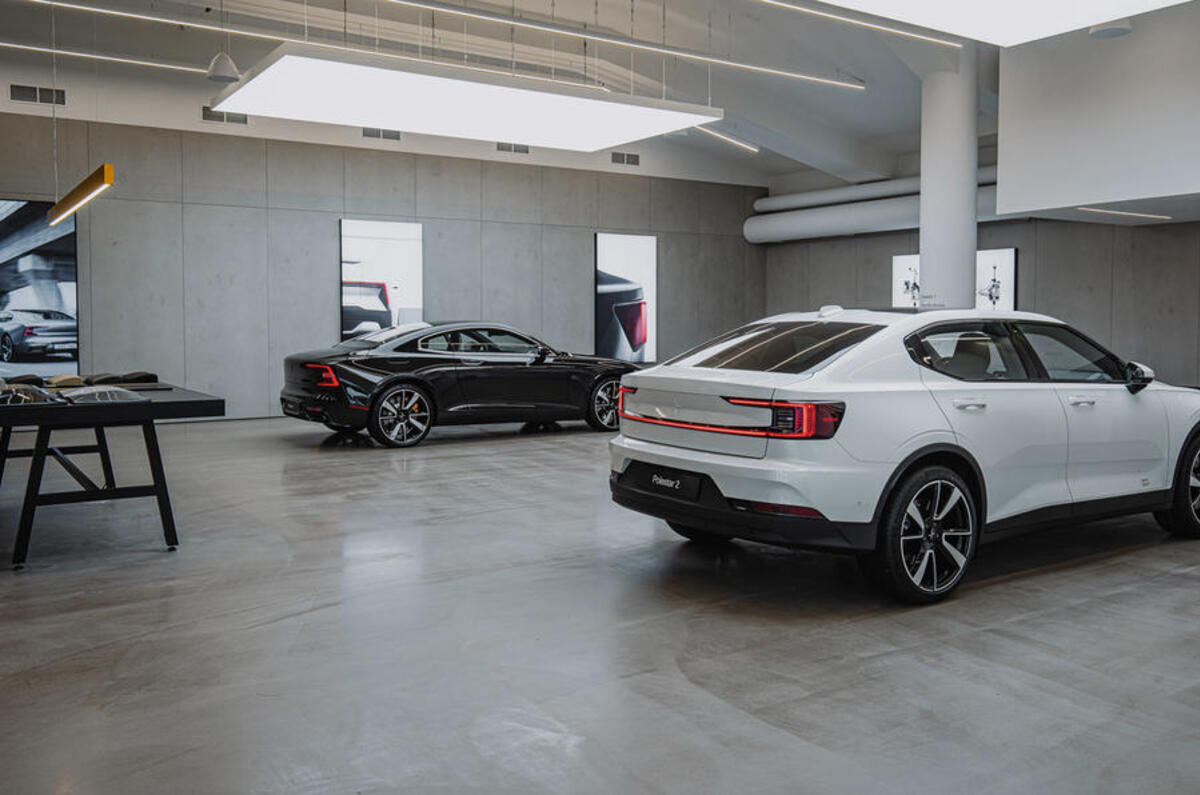As the trend for online car buying grows, the ongoing presence of physical retailers will still play a crucial role. That’s the view of Polestar UK CEO Jonathan Goodman, talking on today’s Autocar Business seminar about the agency model of car selling.
Goodman said: “The car business is going to move online. It doesn’t mean purely online. There will always be a need to interact with a physical property."




Add your comment